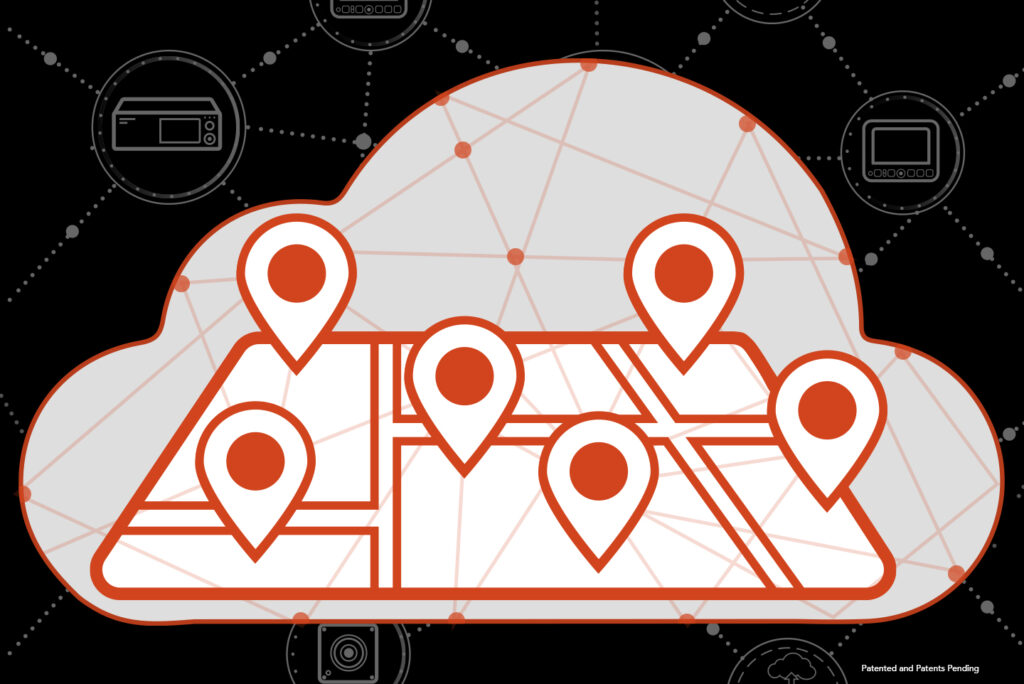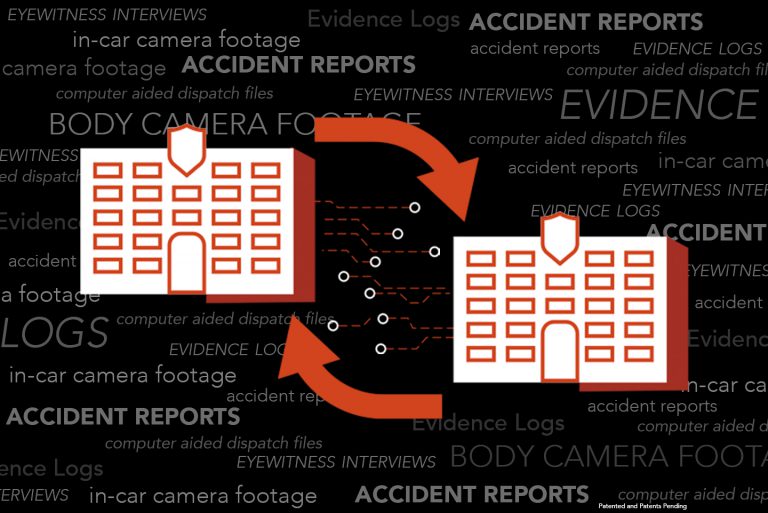As one of the leading rugged computer providers, Getac offers extensive rugged computing product lines and serves a wide range of vertical markets.

Getac Select
A combination of rugged computing devices, software, accessories and professional services in a purposeful range of specifically tailored solutions.
Getac Video Solutions
Video capture, evidence management, rugged hardware and robust software solutions for law enforcement and other industries.
Defense
Mission-critical COTS computing that delivers high powered processing and reliability in operational environments
Public Safety
Law Enforcement, EMS, Fire & Rescue applications
Utilities
Smart Meter Reading and Installation, On-site Safety, Utility Asset Management, Workforce Management for Utilities, Mobile GIS, Surveying and Mapping
Transportation & Logistics
Railroad Management, Airport Management, Port Management, Long-haul Delivery Fleet Management, Warehouse Materials Handling
Industrial Manufacturing
Industrial Programming and Robotic Control, Facility management, Compliance and Inspections, Workforce Management, Inventory and Warehouse Management, Factory Automation and Plant Monitoring, EAM and CMMS Solutions.
Automotive
Optimized Rugged Mobile Solutions to drive a smarter approach throughout the automotive value-chain.
Natural Resources
Mining, Forestry and Construction applications
Oil & Gas
Remote Support, Asset Management, Field Data Analysis, Workplace Safety
Modern-day policing accumulates a lot of data; body camera footage, in-car camera footage, computer aided dispatch files, accident reports, eyewitness interviews, evidence logs, and more. Yet, sharing that information has recently gotten easier. Thanks to the cloud, law enforcement agencies are swiftly able to transmit the information they have gathered to other police departments.
Before the cloud, physical servers housed within the walls of police departments made it challenging to distribute data to, and receive information from, other agencies. “When you are in two physical locations, there has to be a means to get that data from one server to the other and connect it,” said James Murphy III, Director of Sales at Getac Video Solutions. The cloud however, eliminates data silos, or the issue of the data being in separate locations not accessible to more than one department or agency.

The ease of data transfer with the cloud also eliminates a few other common issues when it comes to keeping agencies connected.
The cloud has made issues with bandwidth much less of a concern. Data sharing can sometimes mean exchanging terabytes of information. Previously, for smaller agencies who may only have 5MBps internet, those downloads could take days. With cloud-based solutions, “to share or transfer data to other agencies, District Attorneys, etc. the agency no longer needs the bandwidth to support streaming or sending that data from within their four walls,” Murphy said. “Instead, the agencies share the data directly from the cloud and the infrastructure needed to transfer that file or stream the video is not dependent on the agency that sent it.”
One technology which has seen a boost with police forces sharing their data in the cloud, is license plate recognition technology (ALPR). Previously, agencies would have to share their wants and warrants lists and ask other agencies to notify them when a suspect was spotted in their area. Now, officers can search the database easily.

The Charleston Police Department has seen these improvements first-hand after implementing the evidence management platform created by Getac Video and Microsoft. “Our systems require reliability and enough bandwidth for things like remote viewing capabilities, and we can better support that now,” said Tony Elder, Former Deputy Chief of the Charleston Police Department. “Simplified management has also streamlined our ability to share information and data with those who need it, when they need it, without having to go through the process of asking our IT department to make a bunch of changes.”
Cloud-based solutions have revolutionized policing and ensuring secure video cloud storage, remains critical. In order to guarantee the safety and security of the cloud storage for law enforcement, the International Association of Chiefs of Police (IACP) has created a list of guidelines for law enforcement agencies to follow regarding the cloud.
“To meet the dynamic operational needs, while maintaining the security of systems and data, law enforcement agencies using or contemplating the use of cloud computing services should ensure that their planning and implementation of cloud solutions satisfactorily address the following key principles,” the IACP wrote.
Sharing information between law enforcement agencies is just one of the many benefits cloud-based solutions offer. Murphy selected three other features he believes set these solutions apart.
The Charleston Police Department is required to store all recorded video 24 hours a day, for a minimum of 14 days. “That’s a lot of data,” said Tony Elder, Former Deputy Chief of the Charleston Police Department, “but we can support those needs with the Azure Government cloud’s scalability. Getac Video and Azure Government have given us what we needed, and it makes sense for us to move as many resources as we can to the cloud.”
Murphy stressed, however, that while there are many reasons for police cloud computing, ultimately, Getac Video is going to help you do what is best for your agency.
“We will come in and do an assessment, and we will cater to what is right for you and your agency,” he said. “We are truly there to build the solution that is right for the customer.”

As one of the leading rugged computer providers, Getac offers extensive rugged computing product lines and serves a wide range of vertical markets.


